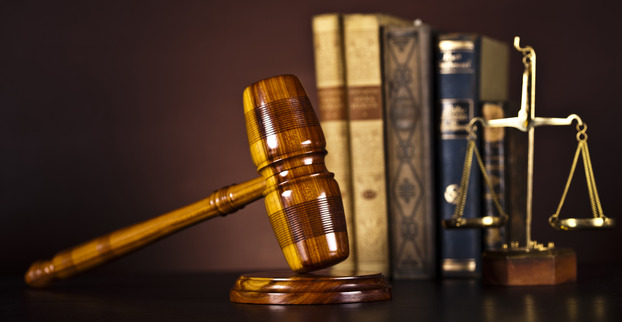DUI Pardons: Can I Apply for a Drinking and Driving Record Suspension?
Having a DUI on your record is life-changing, and not in a good way. Even after you’ve paid your debt to society and completed any required rehabilitative programs, a drinking and driving charge can cost you job and travel opportunities. For this reason, it is always in your best interest to discuss a pardon or “record suspension” with your drinking and driving lawyer. A record suspension effectively restores all rights and privileges that were lost as a result of your criminal conviction, although this does not apply to any licenses that may have been revoked as a result of your crime.
In today’s post, we explain the process of applying for a record suspension. As you might have already guessed, the first step is contacting your drinking and driving lawyer. Call (416)-363-3612 for a free consultation with an experienced drinking and driving lawyer in Toronto with more than two decades of experience, and an affordable block billing structure.
Understanding the Application Process
Removing a criminal record for drinking and driving in Canada has become substantially harder since Bill C-23B was enacted by Parliament in 2012. Known as the “Eliminating Pardons for Serious Crimes Act,” Bill C-23B amended the Criminal Records Act that deals with the pardoning process in Canada. Intending to get “tough on crime,” the Act introduces the term “record suspension” to depart from the forgiving implication of a “pardon,” an attitude echoed in the policy changes it proposes.
Since this amendment was introduced, the waiting periods for indictable offences doubled from 5 to 10 years and, for summary offences, from 3 to 5 years.
It may be possible to obtain a record suspension if you have been convicted of:
- Driving while intoxicated or driving while impaired (DWI)
- Driving while Ability Impaired (DWAI)
- Operating while Impaired (OWI)
- Driving under the influence (DUI)
- Refusing to provide a breath sample
- Failing to provide a breath sample
- Refused breathalyzer test
- Dangerous driving
- Impaired operation causing bodily harm
- Impaired operation causing death
- Over 80
The application process for removing a DUI conviction in Canada varies depending on the jurisdiction in your area. A number of factors can influence the nature and time-line of your pardoning process; expect a longer wait if you received an indictable conviction or have been charged in the past.
Can my application for a record suspension be denied?
Yes. Applications are often denied when evidence of poor conduct arises.
What can I do to improve my chances of receiving a record suspension?
Providing evidence to the Parole Board of Canada that you have paid fines and completed your rehabilitation will improve your chances and accelerate the approval process. Beyond this, advice varies depending on your unique circumstances and jurisdiction. Consult with your legal representative for further instructions. Call (416)-363-3612 to speak with a drinking and driving lawyer in Toronto, or visit our Pardons and Record Suspensions page to learn more.



Comments are closed.